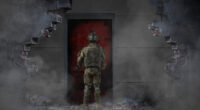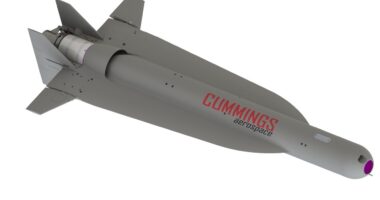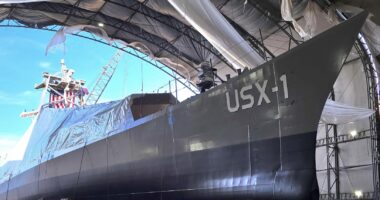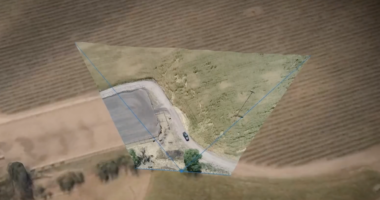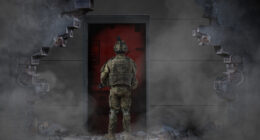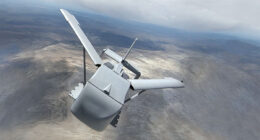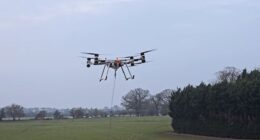British autonomy firm SubSea Craft has introduced a new unmanned surface vehicle (USV) designed to meet the shifting demands of modern naval warfare.
Named “MARS,” the versatile platform is equipped to perform a wide range of tasks — from surveillance and reconnaissance to deploying loitering munitions and jamming enemy drones.
It can also carry both active and passive sensors, plus action cameras for enhanced operational awareness.
With its ability to launch from existing surface vessels, MARS adds a layer of flexibility for missions where traditional, crewed options may be too slow or simply too dangerous.
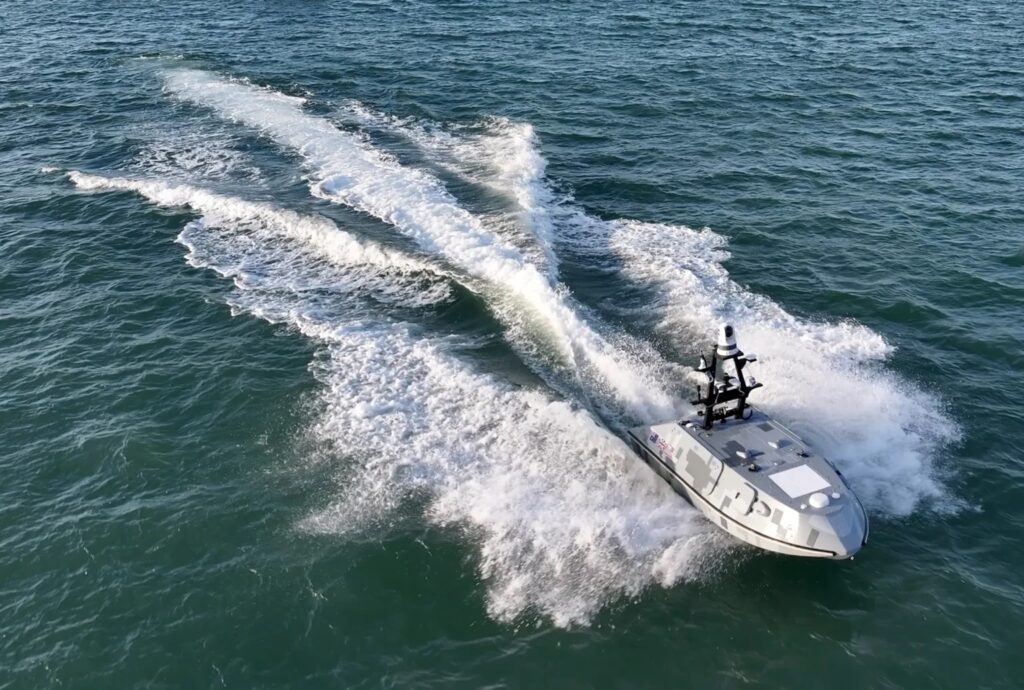
Fast-Tracked Innovation
While many USVs take years to develop, SubSea Craft built MARS in just 100 days.
According to the company, this rapid timeline isn’t just a statistic, but a testament to its “cutting-edge approach to accelerated research, development, and delivery.”
This quick turnaround also reflects a much larger effort to create tech that responds directly to the demands of today’s evolving conflicts, like the increasing use of unmanned capabilities in volatile regions such as the Black Sea.
“There is a clear global need for the responsive development of advanced maritime platforms that can meet evolving force requirements and objectives,” said Camilla Martin, CEO of SubSea Craft.
“Having been developed in the UK, tested in Australia and the US, we have been able to showcase our ongoing dedication to AUKUS objectives of interoperability and technological synergy between nations.”
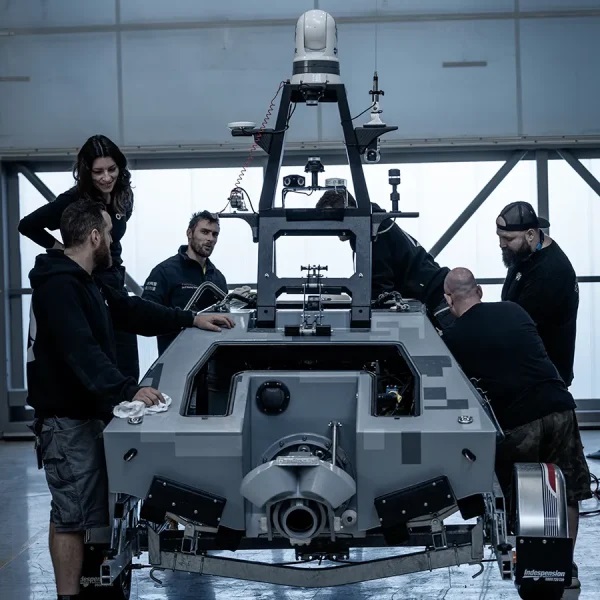
Sibling Tech Already in Action
MARS isn’t alone in SubSea Craft’s growing arsenal of advanced maritime systems.
Just last October, the company’s flagship system, VICTAS, made waves with a successful long-range airborne deployment trial.
A month earlier, VICTAS earned its proof-of-concept certification after completing waterborne trials in Dorset.

